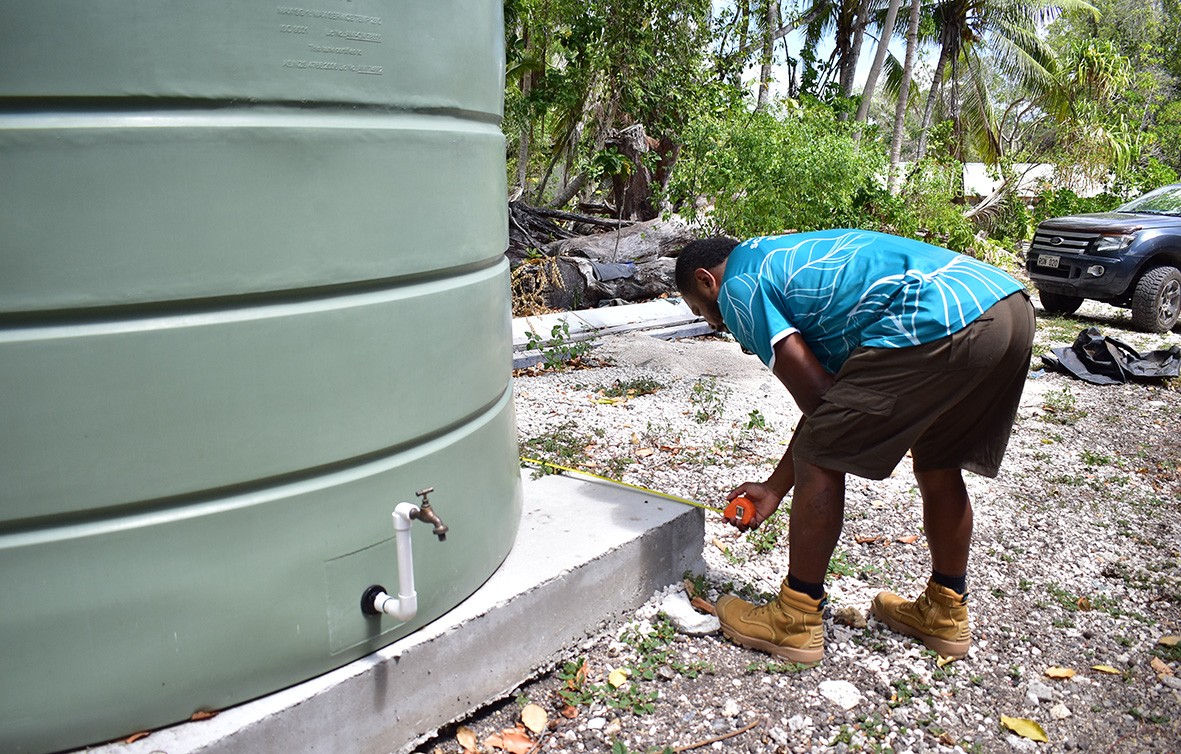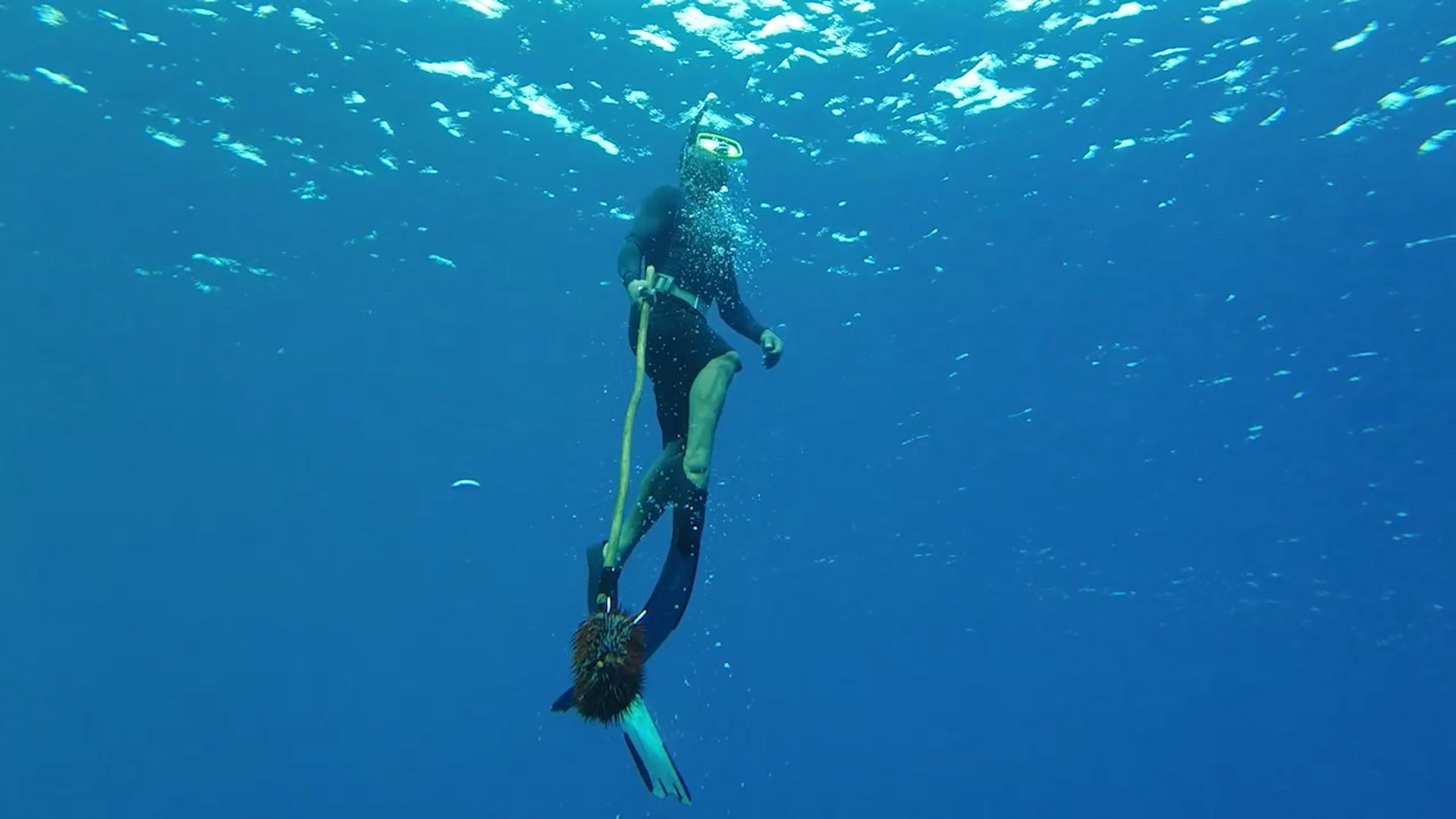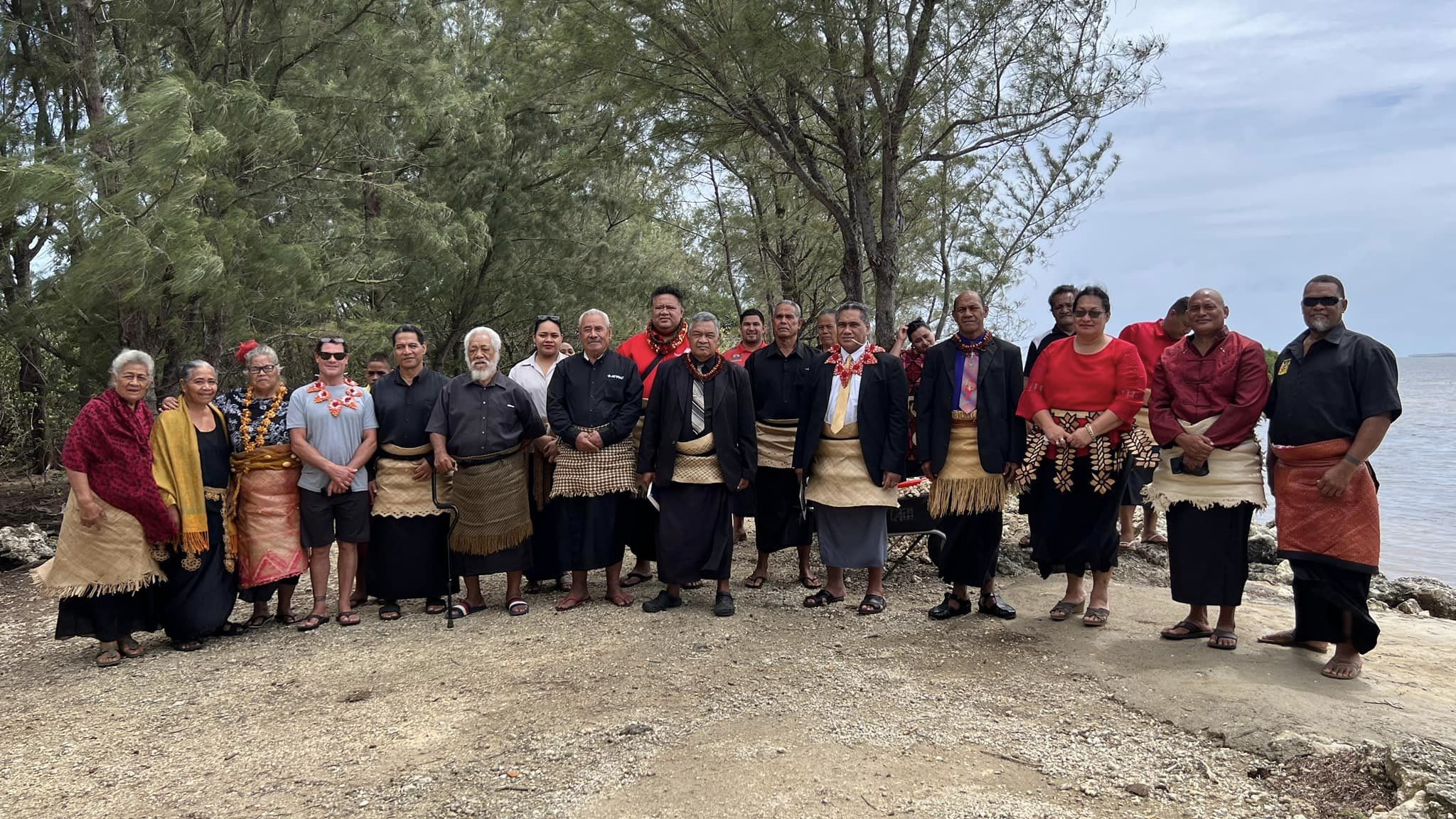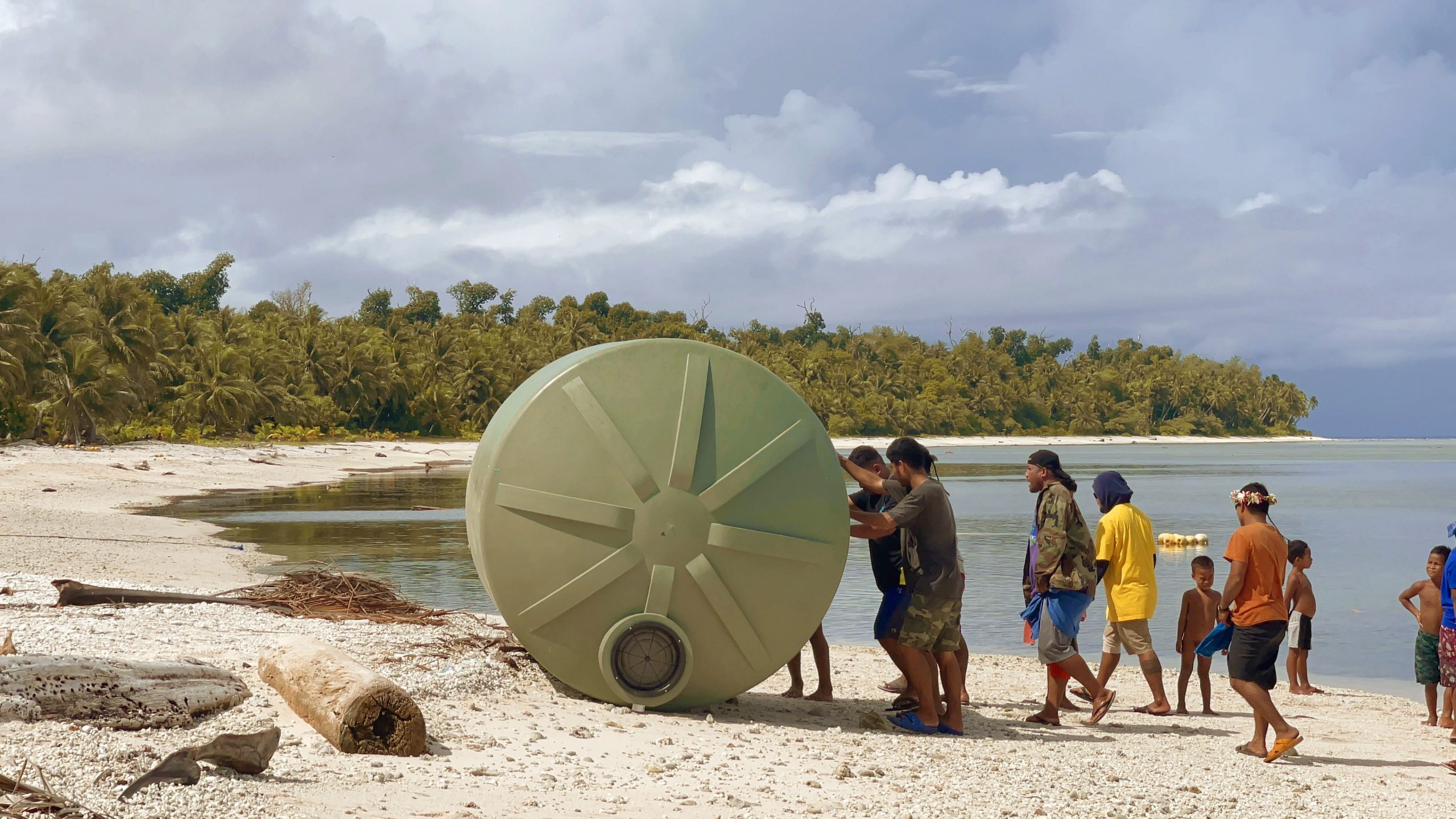Students in Palau adopt a sustainable approach to plastic pollution on their coasts
Palau is famous for its pristine and unique marine environment and attracts divers from all over the world. Furthermore, Palauans depend on their marine environment for food, livelihoods, education and cultural practices. Climate change and especially higher ocean temperatures, ocean acidity and sea level rise are adversely impacting the coral reefs and the marine ecosystems. These negative impacts are further exacerbated by coastal and ocean pollution, some of which comes from the island itself, but even more originates from the surrounding land masses bordering the Pacific Ocean.
Palau, with the support of the GCCA+ SUPA project, is embarking on a long-term initiative to address coastal pollution and at the same time instil a sense of environmental stewardship amongst its youth and citizens.
The Ministry of Education has partnered with the Palau Conservation Society to scale-up an action-based education programme to address coastal pollution, especially the prevalence of plastic in the coastal environment. Over the past 12-months school principals and grade 7 & 9 teachers from more than 30 public and private schools in Palau have been consulted and trained. Measurement protocols, checklists and lesson plans have been prepared. Each school has a designated beach.
In the school year ending in June 2021, six monitoring visits had been conducted with the students to different beaches. The plastic litter had been collected, sorted into micro, meso and microplastic groups, measured and counted, and the results compiled. After each monitoring visit a beach clean-up is being conducted. The monitoring is continuing and being expanded in the school year starting August 2021.
The data are being shared with the Big Microplastic Survey, a worldwide programme pioneered by the University of Portsmouth in the UK as well as with Palau’s government and state agencies and NGOs. Perhaps more importantly the monitoring activity has been aligned with the school curriculum, with science for grade 7 students, and with the environmental science course for grade 9 students. This provides for sustainability after the support from the GCCA+ SUPA project finishes.
Inspiring a sense of environmental stewardship in students from a young age will contribute to Palau’s conservation ethic and to building community resilience to climate change.
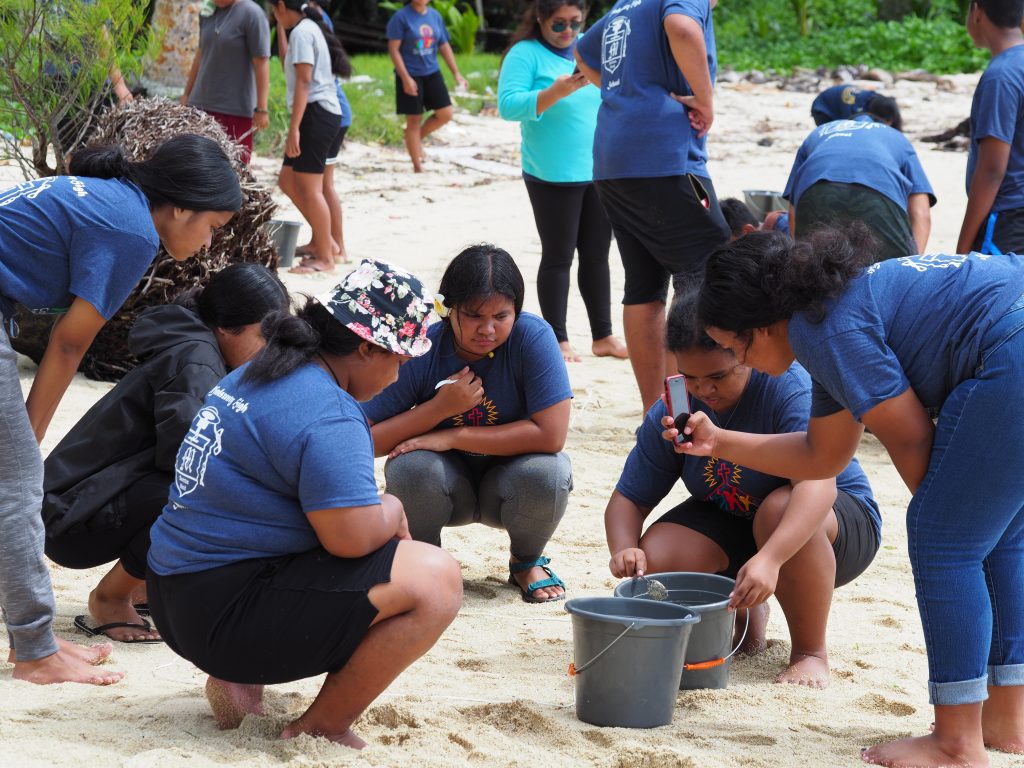
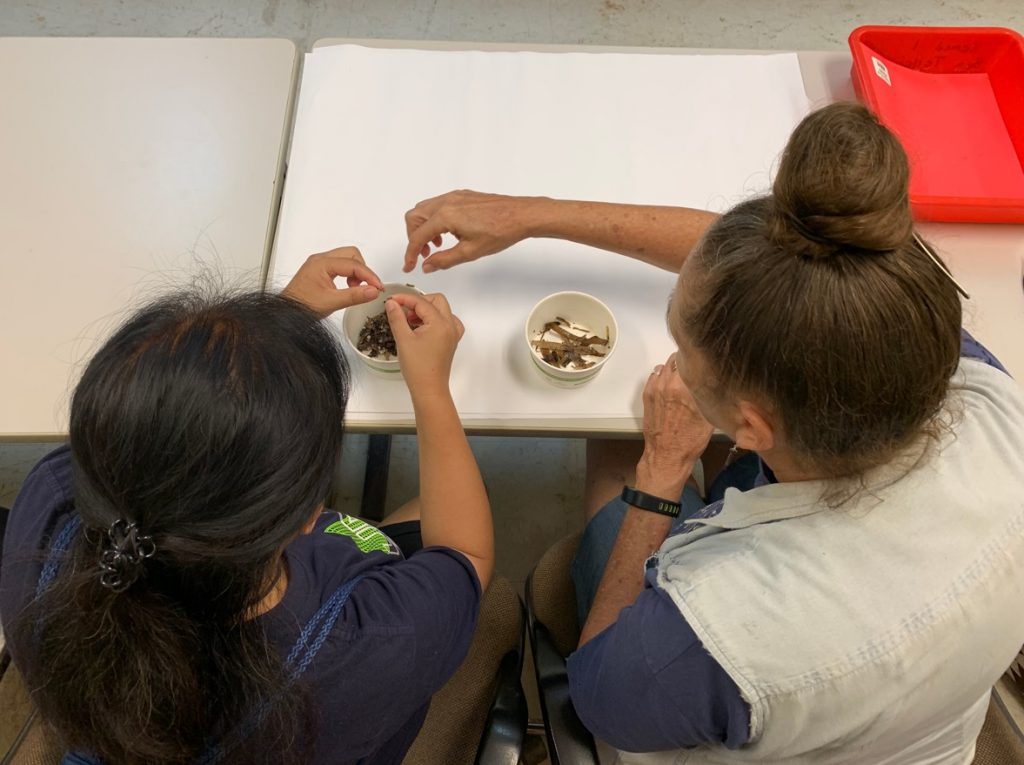
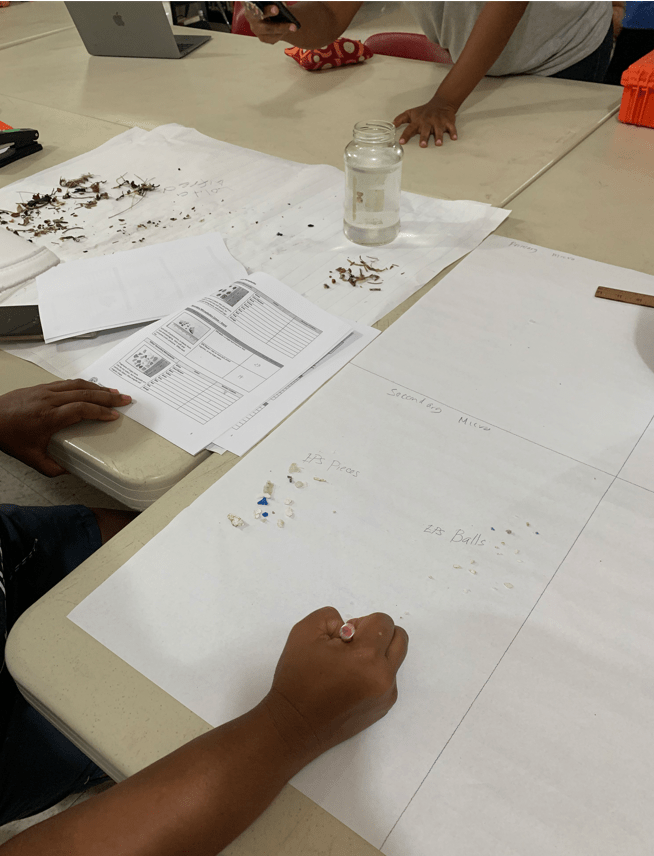
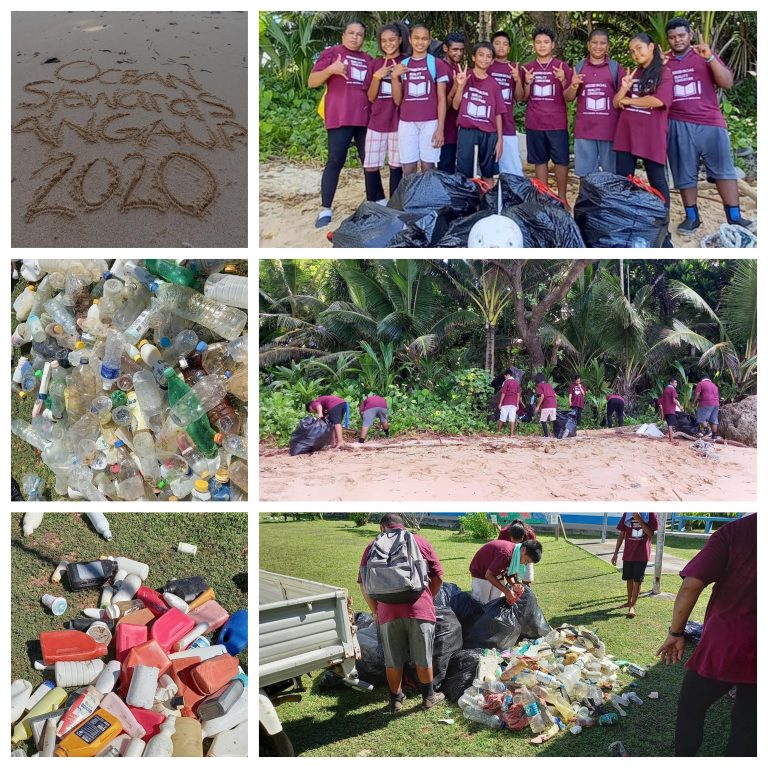
Share

